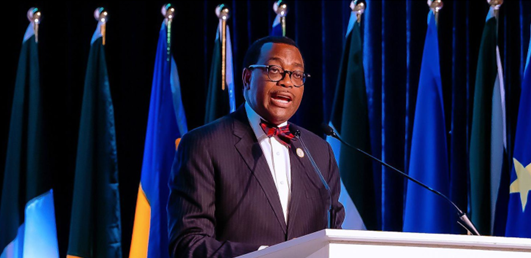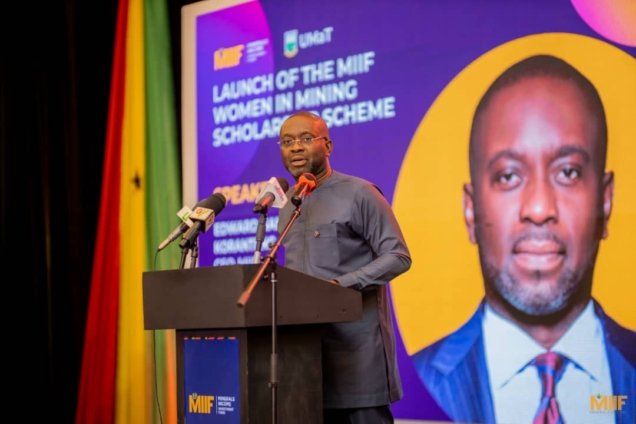
Nigeria: Stakeholders keen to end multiple tax, local content in manufacturing
Stakeholders in the oil and gas, as well as manufacturing industries, express apprehensions regarding the implementation of certain aspects of the country’s local content policies, particularly the human capital development fund. Additionally, they caution that excessive levies could potentially undermine the viability of the sector.
Amidst a notable departure of companies from the oil and gas and manufacturing sectors, the Manufacturers Association of Nigeria (MAN) and other industry stakeholders advocate for a tailored local content law specifically crafted for the sector.
Speaking at the conference, the Chairman of the Independent Petroleum Producers Group (IPPG), Abudulrazaq Isa, said the requirement that industry participants set aside three per cent of project cost (projects above $1 million) to conduct local content training should be reversed.
“While this is undoubtedly a laudable initiative, we must consider that it amounts to a multiplication of levies as industry participants are already equally required to contribute a separate one per cent of total costs as Content Development levy.
“This invariably leads to higher project costs, especially as the training is not allowed to be provided directly to company staff and service providers. Due to this and other contractual or administrative reasons, the process of complying with local content requirements has, on many occasions, proven to significantly increase the overall cost of delivering projects in Nigeria,” he stated.
At a time when the government is looking for more investment, he said, the development could deter investors, adding that the local content policies must be constantly evaluated to ensure that they are continually fit for purpose and not counter-productive to the country’s long-term industry growth.
He said the industry faces pressure to remain profitable and cost-efficient as it grapples with competition from other investment destinations.
“Most critically, because of the strict local content requirements, we have gradually seen a reduction in the presence of leading international oil and gas service providers, many of whom are leaving Nigeria in droves,” Isa said.
















